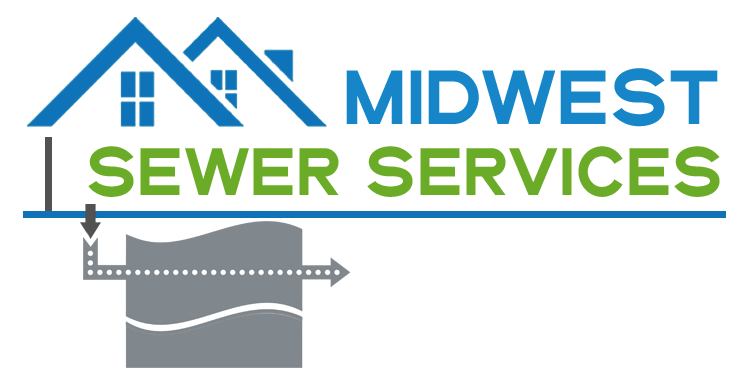Septic System Compliance Inspections
Need to schedule a septic system compliance inspection? Click To Schedule
Septic system compliance inspections are often required during the sale or purchase of a home. Compliance inspections determine if existing systems are operational and compliant with state and local regulations. As part of this process, research is conducted on the system by collecting available information from City/County offices and researching local ordinances. After reviewing this information, the site inspection is conducted. Depending on the system components, this typically includes checking septic tanks and lift tanks, checking drainfields/mounds, and performing soil testing. Effective January 2021, the Minnesota Pollution Control Agency added rules requiring tanks to be pumped in conjunction with compliance inspections unless the tanks have been certified within the last three years.
What is a compliance inspection? Compliant vs Non-Compliant
Water Quality Testing
Need to schedule a water test? Click To Schedule
Testing your well water is the only way to detect most of the common contaminants in Minnesota groundwater; you cannot taste, see, or smell most contaminants. Minnesota Department of Health recommends testing for:
- Coliform bacteria every year and any time the water changes in taste, odor, or appearance. Coliform bacteria indicate that disease-causing microorganisms may be in your water.
See Bacterial Safety of Well Water. - Nitrates every other year. Bottle-fed infants under six months old are at the highest risk of being affected by nitrate levels higher than 10 milligrams per liter in drinking water.
See Nitrates in Well Water. - Arsenic at least once. About 40 percent of wells in Minnesota have arsenic in the water. Drinking water with arsenic in it for a long time can contribute to reduced intelligence in children and increased risks of cancer, diabetes, heart disease, and skin problems.
See Arsenic in Well Water. - Lead at least once. The well and water system may include components that have lead in them, and that lead can get into drinking water. Lead can damage the brain, kidneys, and nervous system. Lead can also slow development or cause learning, behavior, and hearing problems.
See Lead in Well Water Systems. - Manganese before a baby drinks the water. High levels of manganese can cause problems with memory, attention, and motor skills. It can also cause learning and behavior problems in infants and children.
See Manganese in Drinking Water.
